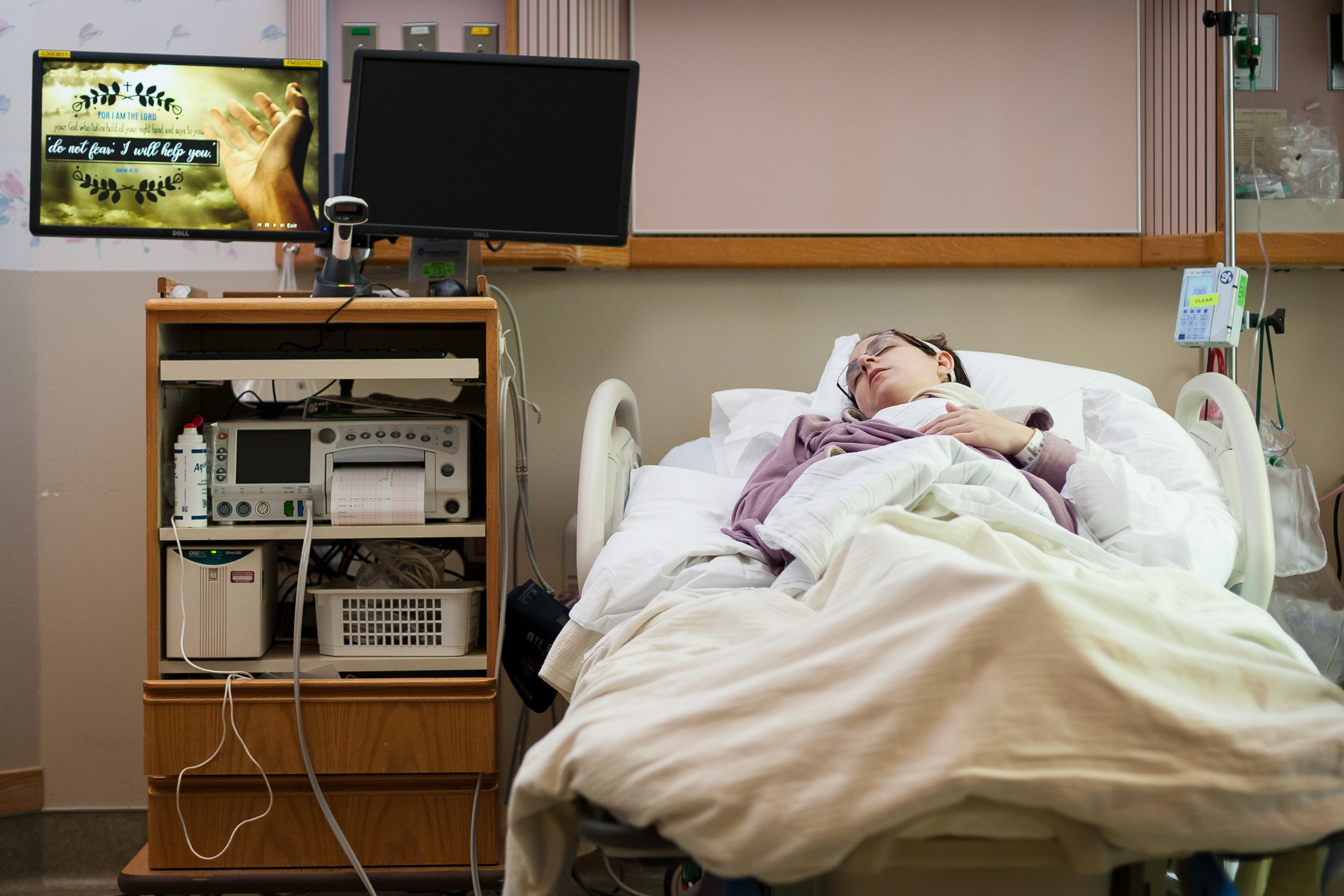Aggregated News

Genetic testing, once the realm of science fiction, has come so far that millions of physicians, and their patients, use it to help inform complicated medical decisions. But a new study in the Journal of Clinical Oncology suggests that both patients and doctors need a better understanding of test results.
In a recent survey of more than 2,000 women newly diagnosed with breast cancer, Stanford University researchers found that nearly half of women who chose to have a double mastectomy after genetic testing didn’t actually have the mutations, most notably BRCA1 and BRCA2, known to increase their cancer risk.
Instead, they had “variants of uncertain significance,” or VUS, genes that, in nine out of 10 cases, won’t result in cancer, says lead study author Allison Kurian, M.D., an associate professor of medicine and of health research and policy at Stanford.
And although clinical guidelines outline that women with VUS should be counseled similarly to a patient whose genetic test is normal, that’s not what the data found is happening. Many physicians surveyed said they would aggressively treat VUS with double...



